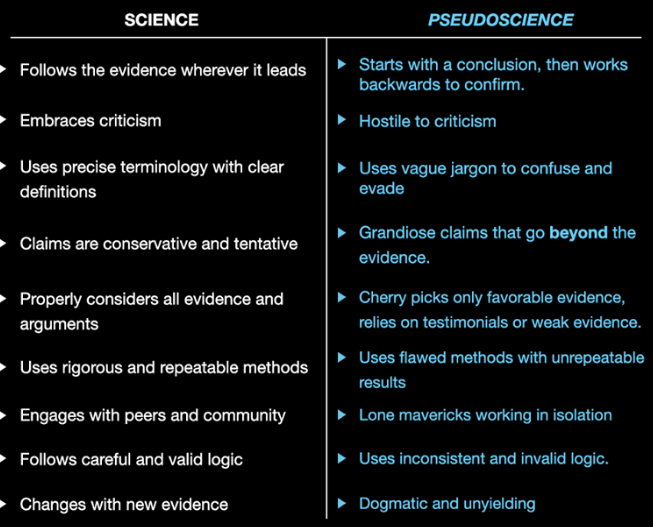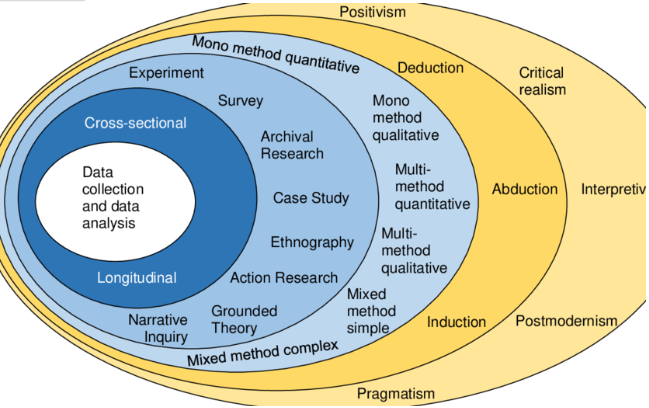Page contents
ToggleA zetetic approach to critical thinking in research
At the heart of research is the quest for answers – but what if we focused more on the process of that quest itself? This is the essence of the zetetic approach. From the Greek word zetetics, meaning “to seek or investigate,” zetetic thinking emphasizes curiosity, questioning, and open-ended exploration.
It invites researchers to embrace uncertainty, question assumptions, and approach their work with an open mind, prioritizing intellectual journey rather than rushing to conclusions. For scientists and researchers, this mindset can be transformative, encouraging deeper thinking and more innovative solutions in a world that is constantly changing and filled with complex problems.

Principles of zetetic thought
Zetetic thinking differs from traditional approaches in that it does not aim for quick answers. Instead, it values the process of questioning and exploring possibilities. Here's what it looks like in practice:
Curiosity rather than certainty : A zetetic mindset puts curiosity first. Rather than immediately seeking to prove a hypothesis, it focuses on exploring all possible angles and perspectives.
Constructive skepticism : It's not about questioning everything, but about critically evaluating the evidence and being willing to revise your beliefs in the face of new information.
Interdisciplinary exploration : THE questions Complex problems often span multiple domains, and zetetic thinking thrives on making connections across disciplines.
Iterative questioning : The process of asking, refining, and re-asking questions keeps the inquiry dynamic and constantly evolving.
Epistemic Humility : Recognizing the limits of what we know (or think we know) is central to this approach. It allows researchers to remain grounded and open to learning.

Why zetetic thinking is important in research
In today’s fast-paced world of research, there is often pressure to find answers quickly—whether to secure funding, meet publication deadlines, or address pressing societal challenges. Zetetic thinking slows this process, encouraging researchers to ask themselves, “What am I missing?” or “What if I looked at this problem from a different perspective?” This openness can lead to breakthrough discoveries by revealing connections and insights that a more rigid approach might overlook.
It also fosters intellectual curiosity. By adopting a zetetic mindset, the researcher does not simply seek to confirm what he suspects; he strives to understand deeply. This can lead to richer and more meaningful ideas that advance knowledge in unexpected ways. The discussion of results (in yellow) is a personal interpretation of the results, a skeptical and critical approach allows us to avoid falling into interpretation biases.

A zetetic approach can be integrated into each stage of the research process:
- Ask the right questions : Instead of jumping to solutions, start with open-ended questions like “What else could this mean?” or “What did we forget to consider?”
- Dig deeper into reviews of literature : Don’t limit yourself to studies that confirm your ideas. Actively seek out conflicting evidence or perspectives that challenge your assumptions.
- Flexibility in the methods : Be prepared to adapt your methodology as your understanding evolves. For example, an experiment may reveal unexpected variables that merit further exploration.
- Data interpretation : Avoid forcing data into preconceived frameworks. Instead, let the results guide new questions.
- Sharing results : When presenting results, highlight uncertainties and areas requiring further exploration. This invites collaboration and keeps the dialogue open.
Conclusion
Zetetic thinking is a powerful complement to the critical thinking traditional approach to research. With its emphasis on inquiry, reflection, and openness, it encourages researchers to explore new ideas, embrace uncertainty, and challenge their assumptions. In a world where pressure for quick answers often dominates, the zetetic approach reminds us that the journey of discovery is just as important as the destination. For researchers, this mindset can open doors to deeper insights, richer collaborations, and more responsible science.